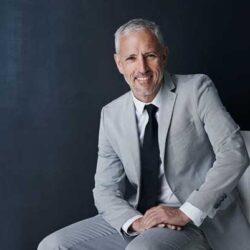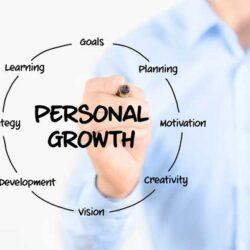Are you feeling stuck in your career? Do you want to improve your performance and build better relationships in the workplace? The answer could be in the habit of reflection. In this article, we will explore how reflection can improve your career and how you can incorporate it into your daily life.

The Power of Reflection
Father Richard Leonard, a Catholic priest, corporate lawyer, management consultant, and opera singer, shares that through all of his career changes, one constant practice has been present: the practice of reflection. Leonard describes reflection as a practice of looking at the events of our lives without judgment, but with a critical lens. Reflection requires taking an honest moment to look at what transpired, what worked, what didn’t, what can be done, and what can’t.
Interestingly, a 2020 survey of some 4,000 respondents conducted by BCG and BVA listed possessing a good capacity for reflection as one of the top five skills of a good leader. Reflection is a practice that helps to improve performance, make better decisions, and build better relationships.
The Process of Reflection
Leonard shares that cricketers use reflection during a game, after a game, and over time. During a game, they might think about a missed catch or how they could bat or bowl better the next delivery. After a game, they might come together to watch video replays, to look at what worked and what didn’t. Over time, they might look to the patterns of their wins and losses to glean even more meaningful conclusions and insights.
The same process can and should be used in the workplace. Reflection can be done through a variety of different formats: purposeful thinking, written journal entries, audio notes, pitches, discussions with a mentor or honest friend. The point is to find what works for you and to make a regular commitment. Examine the events and experiences of your lives – what worked, what didn’t, and why – and then think about what and how you would like to do things differently next time.
Making Reflection a Habit
When we practice reflection as a habit, we gain even more meaningful insight, because we see patterns that reflection on stand-alone events doesn’t provide. To incorporate reflection into your daily life, you can start by scheduling a regular time to reflect. It can be a daily or weekly routine, and you can use any format that works for you.
If you’re not sure where to start, try reflecting on your meetings. Leonard shares an example of a colleague who reflected on a client meeting that did not go well. Through reflection, the colleague was able to identify what went wrong and how to do things differently next time.
Conclusion
In conclusion, reflection is a powerful practice that can improve your career and your life. By taking an honest moment to look at what transpired, what worked, what didn’t, what can be done, and what can’t, you can gain meaningful insights and make better decisions. Incorporating reflection into your daily life can be done through a variety of formats and should be a regular commitment. Start small and find what works for you. With regular practice, you’ll be amazed at the insights you gain and the positive changes you’ll make in your career and life.






